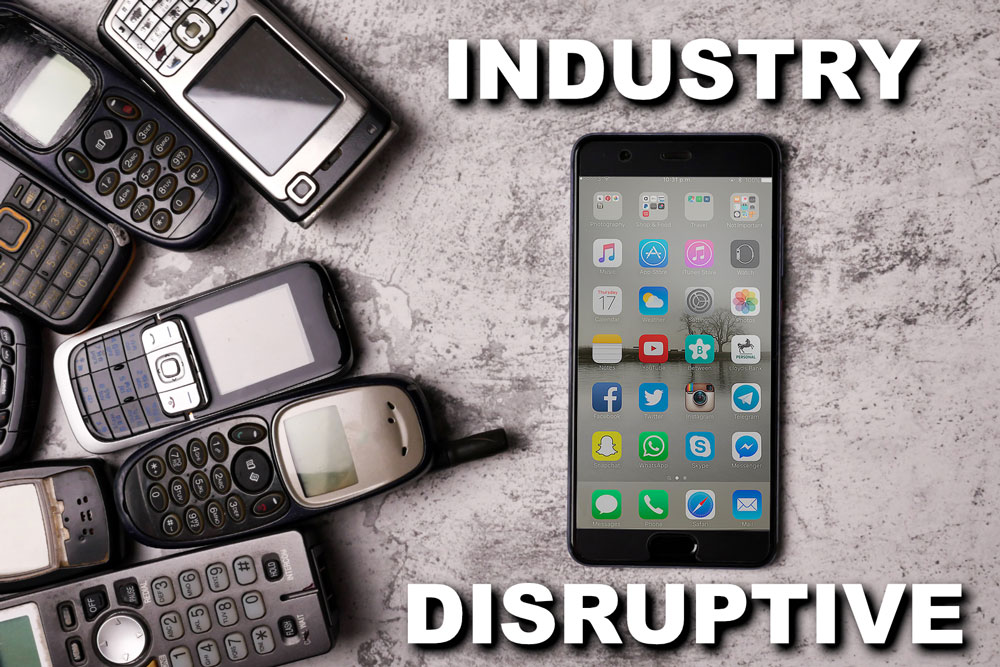As an M&A professional specializing in the sale of manufacturing companies for 30 years, I’m very aware of the various valuation methodologies. I also concede that most buyers approach the acquisition process by applying a multiple to the acquisition target’s EBITDA to establish value.
Are Traditional Valuation Methods Appropriate for a Company With Industry Disruptive Technology?
However, is this appropriate in every case? What if a company has developed an industry-disruptive product or process? What if the process or product forever changes an industry or how something is made? How do you value companies with Industry Disruptive Technologies?
I can almost hear M&A professionals begin to groan as they read this. We’ve all experienced our share of potential clients with entirely unrealistic expectations for the sale of their companies. Therefore, I found myself very reluctant to write on this topic.
Why Manufacturers Seek Help to Fully Commercialize New Technologies?
In the last few years, my firm has increasingly experienced a phenomenon that compels me forward and makes it impossible for me not to share. Manufacturers are asking for help when they’ve developed a new technology, and they want to see it fully commercialized. Sometimes, they’re so close to retirement that they believe it will take younger leadership to commercialize fully. Other times, the creator of the technology may be an incredible engineer or inventor, but they recognize a different skill set will be needed to exploit the technology fully.
Many would argue that the one with the bandwidth and skill set to commercialize a new technology fully is the one who should benefit most, and the cost they will incur to do so should be calculated in the valuation process. Full disclosure: I’ve made that argument myself many times in the last thirty years and as recently as last week.
But … now and then, something so transformative will change how something is done and save hundreds of millions over time. I say that it deserves different consideration and a different valuation. One that considers how it will alter an industry, make products better, and reduce the total manufacturing cost.
What Warrants a Different Valuation?
If a new technology or process forever changes the way gas turbines are made and reduces costs while allowing for more complex designs, it should be looked at differently.
If a new technology changes how far electric vehicles can travel, thus making them more practical in commercial and military environments, the company deserves a valuation approach different from a simple multiple of adjusted EBITDA.
The Cost of Viewing Value Through the Wrong Lens
Nonsense, you say? Consider what happens if your competitor acquires the technology before you do. Consider that the entire Venture Capital community exists to identify opportunities precisely like this. Consider what it might cost you if you lose the acquisition opportunity because you viewed it through the wrong lens. Every now and then, an acquisition target deserves respect for what they’ve created and a valuation that considers the true value of a disruptive technology.

